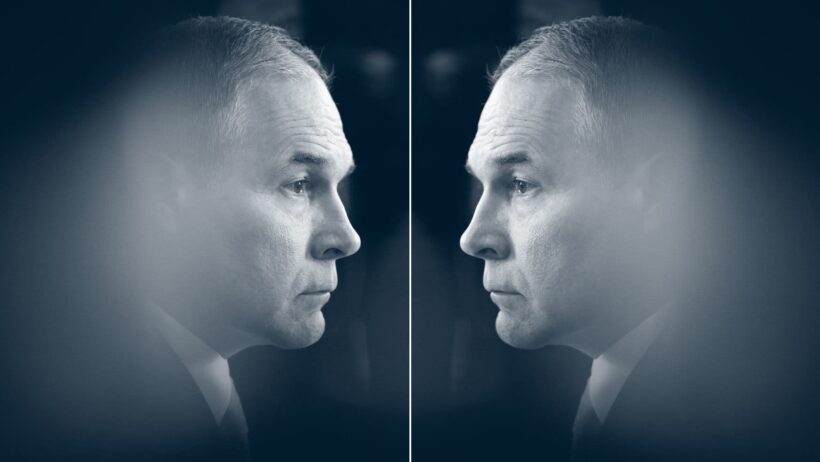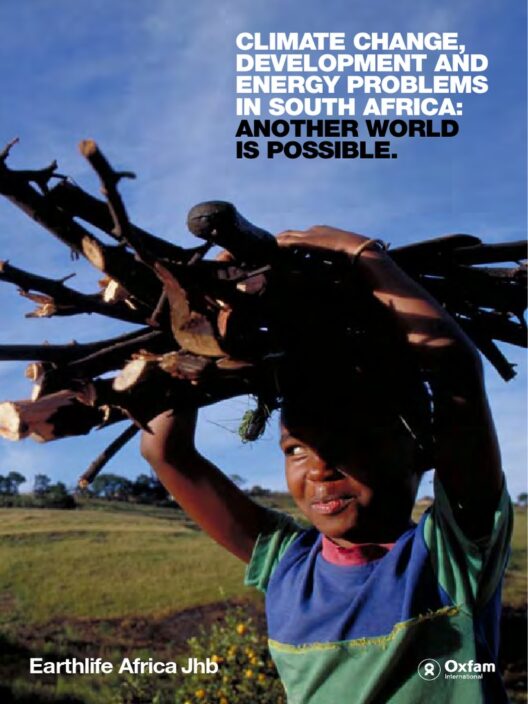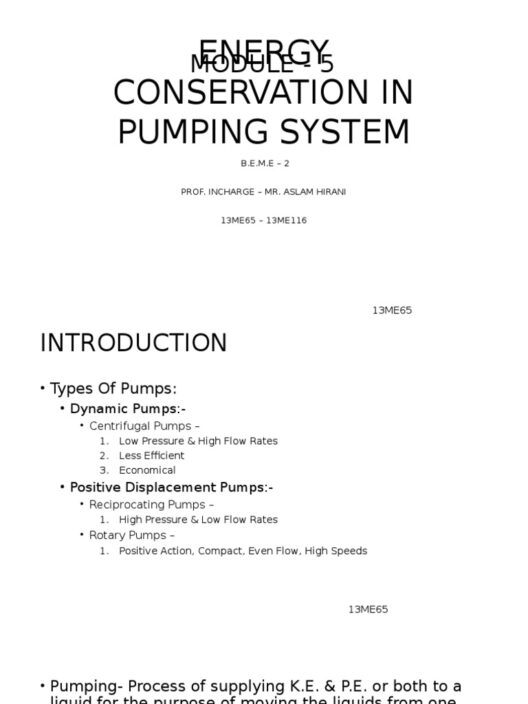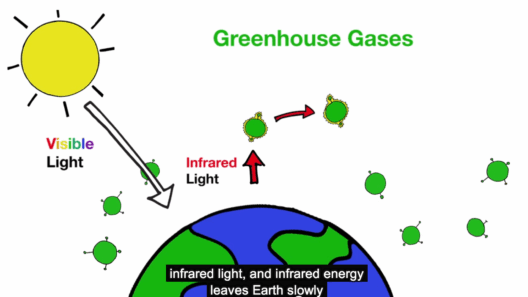In the grand tapestry of our planet’s history, few threads are as contentious as the narrative of human-caused global warming. As we navigate this intricate debate, a metaphor enriches our understanding: consider Earth as a delicate orchestra, where every instrument—be it oceans, forests, or the atmosphere—plays its part in a symphonic balance. Yet, when one instrument, in this case, humanity, plays out of tune, the harmony collapses, and the cacophony of climate crises ensues.
The recent past has witnessed an unprecedented rise in global average temperatures, accompanied by dire shifts in weather patterns, melting polar ice caps, and catastrophic natural disasters. These changes ignite a profound inquiry: to what extent are we, as humans, responsible for these alarming transformations? The momentum of this debate is powered by myriad voices, each adding their unique inflection to the overall discourse.
The scientific consensus asserts a powerful thesis: human activity is substantially entwined with climate change. The burning of fossil fuels, deforestation, and large-scale industrial farming release copious amounts of greenhouse gases (GHGs), such as carbon dioxide and methane, into the atmosphere. The GHGs act like a blanket, trapping heat and resulting in an enhanced greenhouse effect. The alarm bells of science swing ferociously as data accumulates—over the last century, average global temperatures have surged by about 1°C (1.8°F), leading us to an ominous brink.
Yet, amid the clamor of statistics and scientific studies, dissenting voices punctuate the conversation. Some argue that climate has always fluctuated, citing natural variations as the primary architects of climatic shifts. They propose that the Earth has endured cycles of warming and cooling long before industrialization. However, this argument often sidesteps an essential truth: the speed of recent changes dwarfs the natural variability witnessed historically. Just as a magician’s sleight of hand leads the audience astray, ignoring this critical distinction can obscure the underlying crisis.
The anthropogenic origins of global warming have turned the spotlight on various sectors, especially energy production, which contributes approximately 73% of total greenhouse gas emissions. Furthermore, agricultural practices and land-use changes amplify this predicament, imperiling not only the environment but future food security as well. The effects are far-reaching: from droughts devouring crops to rising seas swallowing coastal communities, the repercussions of our choices loom large.
Critically, the debate extends beyond mere emissions; it engages questions of equity and responsibility. Who bears the brunt of climate change? Historically, industrialized nations have contributed a lion’s share of greenhouse gases, yet vulnerable populations, particularly in the global South, suffer disproportionately from climate-related adversities. This discrepancy raises ethical quandaries: Is it just that those least responsible for emissions often face the gravest consequences? Understanding this essential disparity compels us to acknowledge not only our role but also our responsibility toward those most affected.
The narrative surrounding climate change also manifests in the realm of policy-making. International accords, such as the Paris Agreement, exemplify global efforts to mitigate greenhouse gas emissions. Yet, the journey toward meaningful change is riddled with challenges, often hampered by political inertia and vested interests. Fossil fuel lobbies wield considerable influence, leading to a paradox where governments struggle to pursue sustainable practices while simultaneously accommodating economic hubs reliant on fossil energy.
Furthermore, an intriguing shift in discourse has emerged—the notion of climate justice. This concept intertwines environmental stewardship with social equity, arguing that solutions must prioritize marginalized communities. Vulnerable populations often exhibit resilience in the face of adversity, yet their voices remain muted in high-stakes discussions. Advocates for climate justice urge that mere adaptation is insufficient; systemic change is paramount to ensure a legitimate response to climate crises.
Technological innovation offers a luminescent beacon of hope in a seemingly bleak narrative. The advent of renewable energy, from wind turbines to solar panels, heralds a transition toward decarbonization. Advances in battery storage and smart grids symbolize an ongoing revolution in energy consumption. However, despite technical optimism, implementation remains fraught with challenges, particularly in regions resistant to change or socioeconomically constrained.
On a personal level, the shift from apathy to activism constitutes a pivotal narrative arc in this debate. Citizens across the globe are awakening to the urgency of their role in combating climate change. Grassroots movements burgeon, with individuals uniting to advocate for sustainable policies and practices. This collective consciousness is reminiscent of an awakening—an orchestral crescendo that demands to be heard, reverberating through the halls of power.
Ultimately, as we grapple with our complicity in global warming, it becomes evident that recognizing our responsibility is not merely an academic exercise. It is an imperative that we must internalize if we seek a flourishing planet for future generations. Climate change beckons every individual to reassess their choices, from energy consumption and waste management to diet and advocacy. The narrative is far from over; like a symphony with the potential for a rousing finale, we still have the capacity to reshape our trajectory.
In conclusion, the debate surrounding human-caused global warming encapsulates a myriad of complex dimensions. It urges us to interrogate our role within the grand tapestry of Earth’s climate narrative. As stewards of this planet, we must engage in a thoughtful exploration of responsibility and actively pursue pathways toward redemption. Let us not leave the future of our symphony to chance; instead, we must harmonize our efforts and create a sustainable refrain that resonates for centuries to come.








